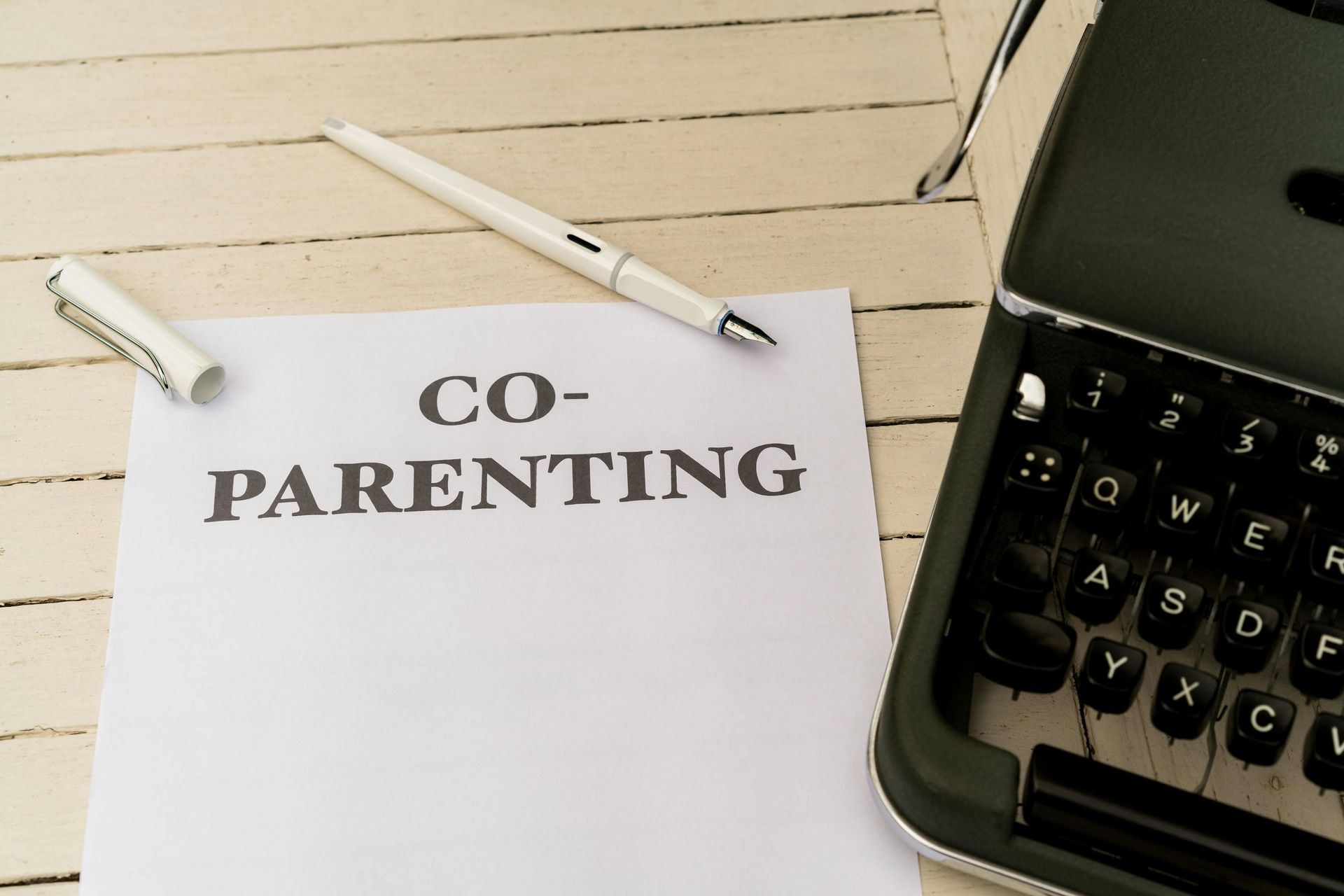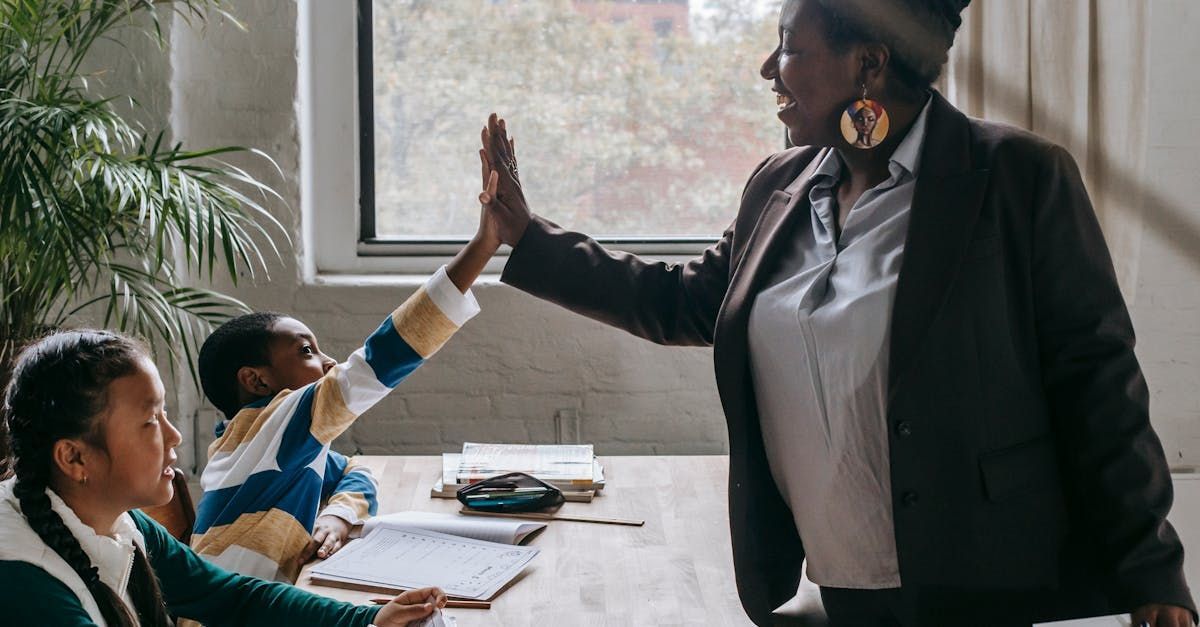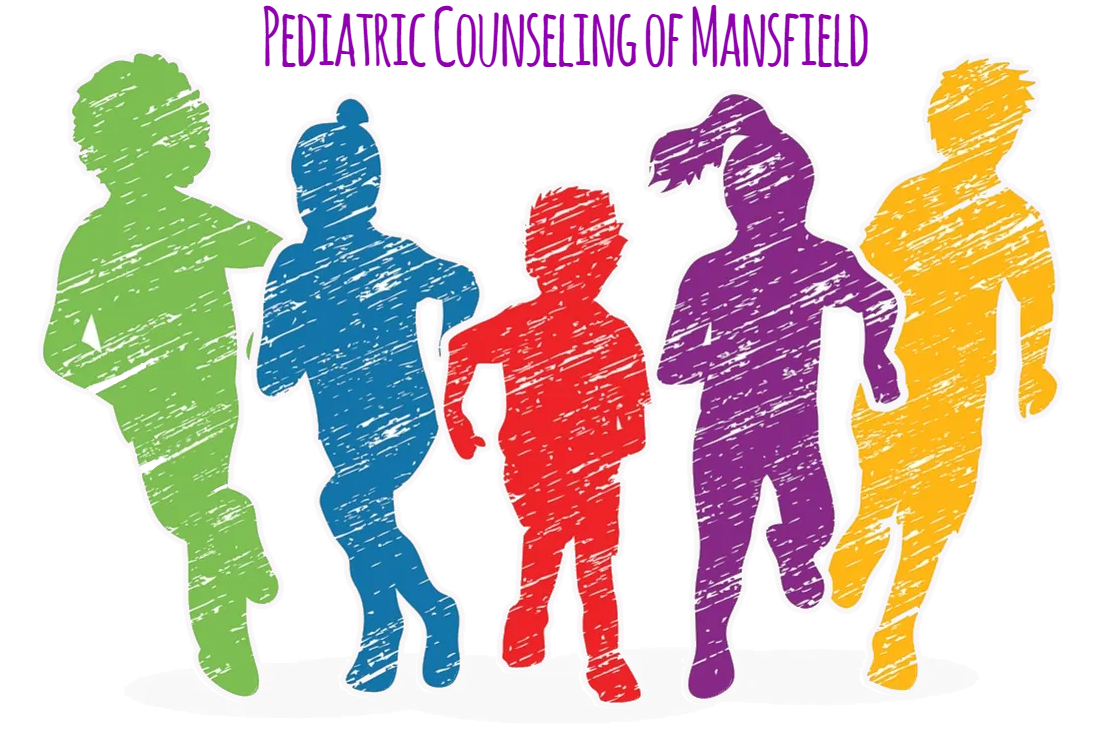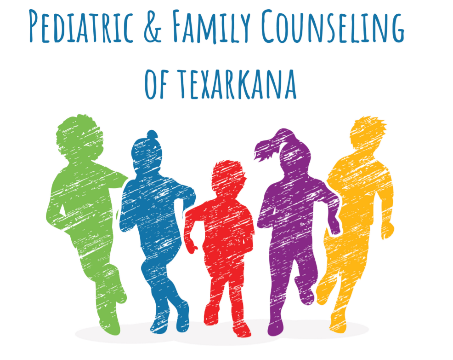Exploring The Healing Power of Play Therapy
In the world of child development, play isn’t just a way for kids to pass the time—it's a critical part of their emotional and psychological growth. One therapeutic approach that harnesses this natural inclination is play therapy. This specialized form of therapy uses play as a means for children to express their feelings, process experiences, and develop essential coping skills.
What is Play Therapy?
Play therapy is a psychotherapeutic approach primarily used to help children aged 3 to 12. It operates on the principle that play is the language of children. Through play, children can communicate their thoughts and feelings in a way that is natural and comfortable for them. Play therapy can address a variety of issues, including trauma, anxiety, depression, behavioral problems, and family conflicts.
How Does Play Therapy Work?
In a typical play therapy session, a therapist provides a child with a variety of toys and creative materials. These might include dolls, action figures, art supplies, sand trays, and other items that encourage imaginative play. The therapist observes how the child interacts with these items, looking for themes or patterns that reveal underlying issues.
There are two main types of play therapy:
- Non-Directive Play Therapy: In this approach, the therapist allows the child to lead the play. The child is free to explore and express themselves without specific instructions or directions. The therapist takes a backseat, providing a safe and supportive environment while gently guiding the child as needed.
- Directive Play Therapy: Here, the therapist takes a more active role, introducing specific activities or themes to address particular problems. This approach can be useful for children who may need more guidance in their therapeutic journey.
Benefits of Play Therapy
1. Emotional Expression: Children often struggle to articulate their emotions verbally. Play therapy offers them a non-verbal outlet to express feelings like anger, sadness, fear, and confusion.
2. Trauma Processing: For children who have experienced trauma, play therapy provides a safe space to process their experiences. Through play, they can re-enact scenarios and work through their trauma in a controlled environment.
3. Behavioral Improvement: Play therapy can help identify the root causes of behavioral issues. By understanding what’s behind a child’s actions, therapists and parents can develop more effective strategies to address these behaviors.
4. Social Skills Development: Many play therapy activities are designed to improve social interactions. Children learn to share, take turns, and understand the perspectives of others, which can enhance their relationships both at home and in school.
5. Building Coping Mechanisms: Through guided play, children can develop healthy coping mechanisms to deal with stress and anxiety. They learn problem-solving skills and ways to manage their emotions more effectively.
Play Therapy in Action
Imagine a 7-year-old named Mia who has been acting out at school and withdrawing from her friends after her parents' divorce. In her play therapy sessions, she gravitates towards playing with a dollhouse, often creating scenarios where the family members argue and then make up. Through these sessions, Mia is able to express her fears and confusion about her parents’ separation. The therapist uses these play scenarios to help Mia understand and process her emotions, gradually guiding her towards a healthier adjustment to the new family dynamics.
--------------------
Play therapy is a powerful tool that taps into the natural ways children explore and make sense of their world. It provides them with a safe space to express their feelings, process difficult experiences, and develop the skills they need to navigate life’s challenges. As more parents, educators, and mental health professionals recognize its value, play therapy continues to offer hope and healing to countless children around the globe.
Whether you're a parent seeking support for your child, a teacher interested in understanding more about child behavior, or a mental health professional looking to expand your therapeutic techniques, play therapy is a field worth exploring. It reminds us that through play, children can find their voice, heal their wounds, and ultimately, flourish.












